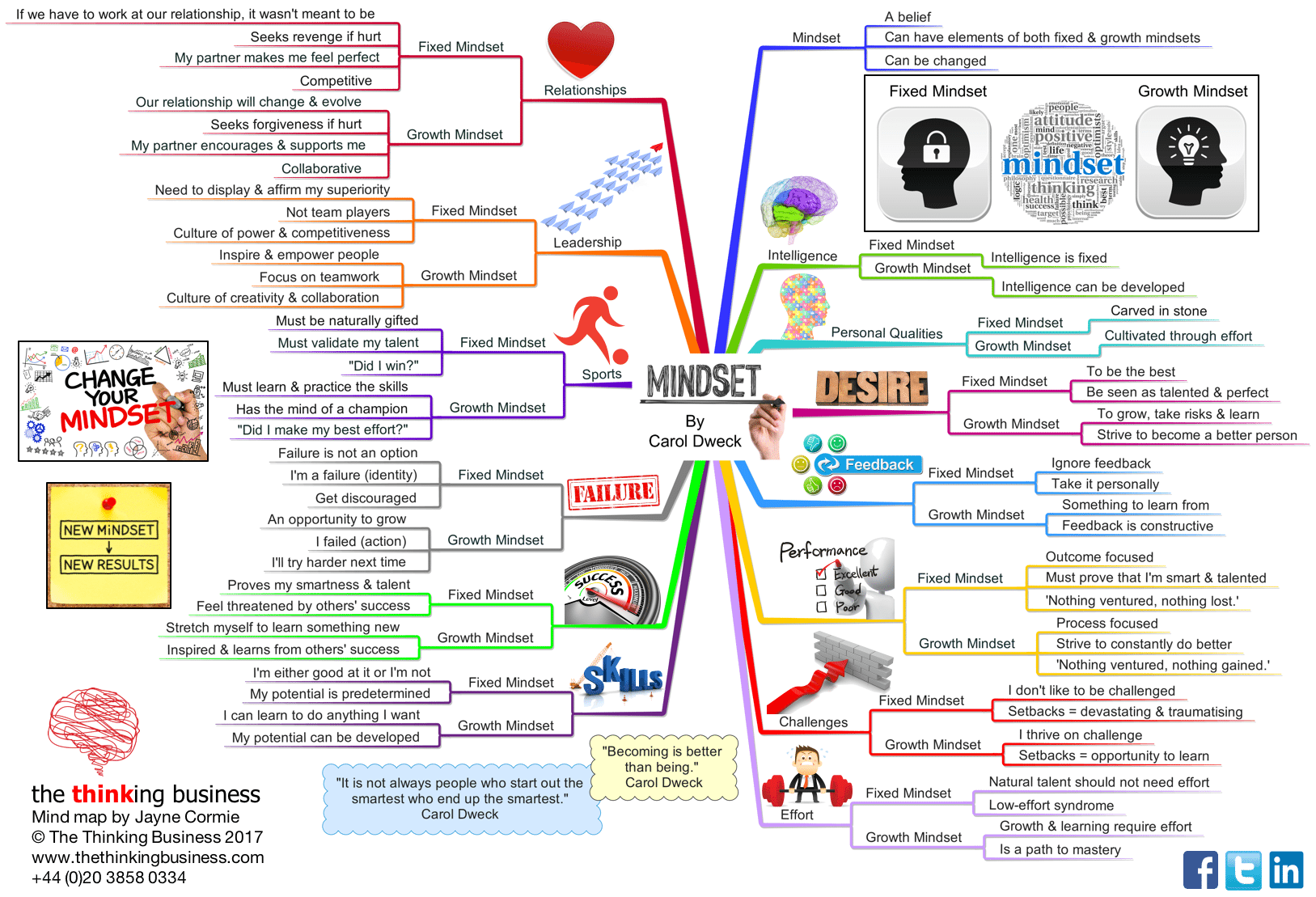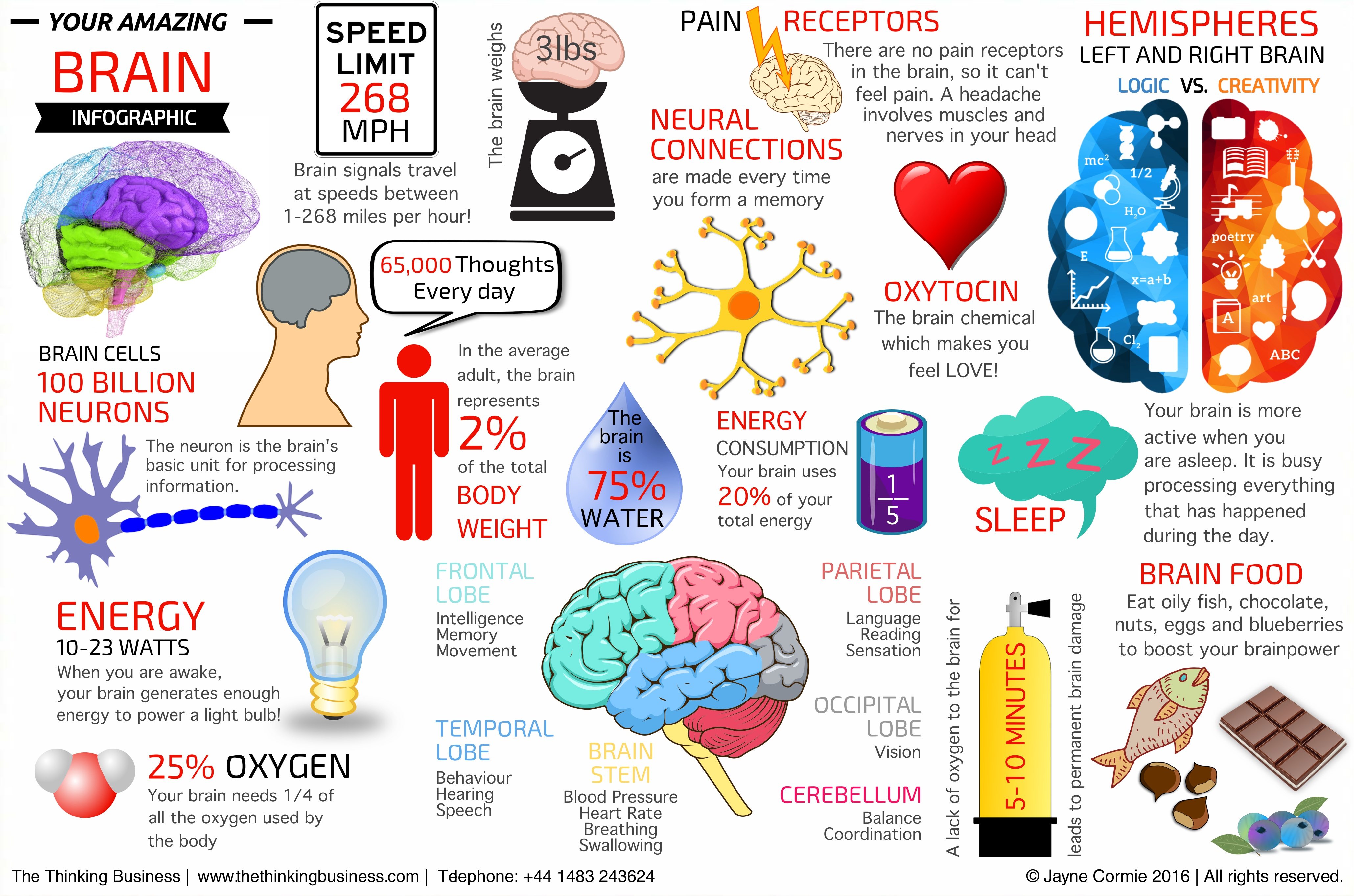A mindset is a way of thinking – a belief that influences how you think about yourself, others and the world in general. Your beliefs determine your behaviour and drive your attitude towards people and situations every day. For example, I believe that everyone has the ability to be creative, and that by learning, developing and applying creative thinking skills, it is possible to increase your creativity quotient. However, as I discuss later, not everyone shares my belief!
Think about your intelligence, talents and personality. Are they fixed or can you develop them? [Carol Dweck]
In her groundbreaking book, Mindset: The New Psychology of Success, Stanford University psychologist Carol Dweck, identifies two different types of mindset – the fixed mindset and the growth mindset. In her pioneering research, she found that people’s belief system about their own intelligence and ability, had a significant impact on their motivation, effort and performance.
Fixed Mindset
In a fixed mindset students believe their basic abilities, their intelligence, their talents, are just fixed traits. They have a certain amount and that’s that, and then their goal becomes to look smart all the time and never look dumb. [Carol Dweck]
A fixed mindset is a belief that your intelligence, talent and personality are inherently fixed and unchanging. In other words, you have a certain amount and nothing can change it. The ultimate desire in an individual with a fixed mindset is to be the best and to be seen as talented and perfect. This leads them to need constant validation and they seek to prove themselves over and over. Failure is simply not an option and they are extremely sensitive about making mistakes and being wrong. In the event that they do fail, they instantly become discouraged, give up and label themselves a ‘failure’. They avoid new challenges and will not risk doing anything that might expose their weaknesses and flaws.
Growth Mindset
In a growth mindset students understand that their talents and abilities can be developed through effort, good teaching and persistence. They don’t necessarily think everyone’s the same or anyone can be Einstein, but they believe everyone can get smarter if they work at it. [Carol Dweck]


